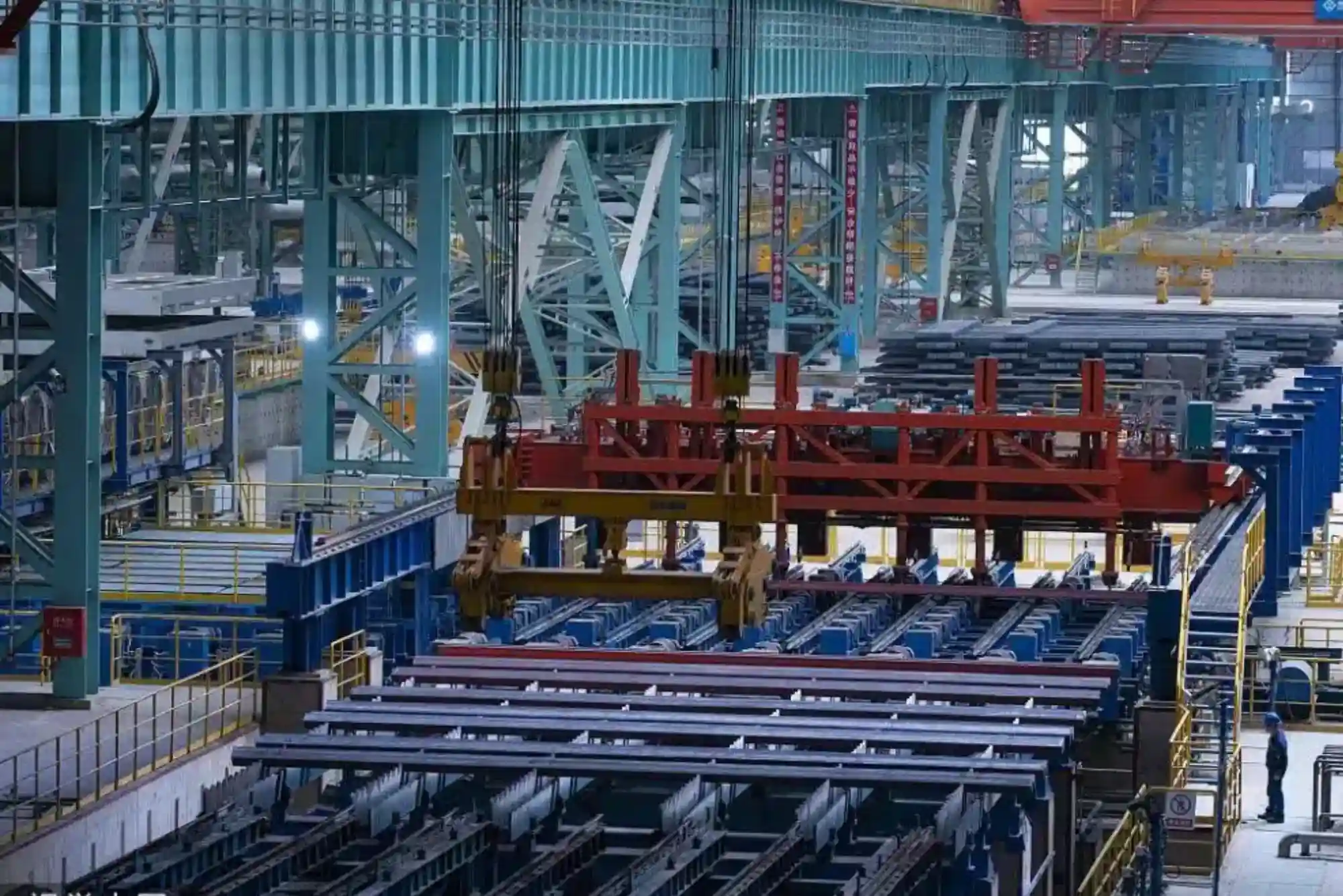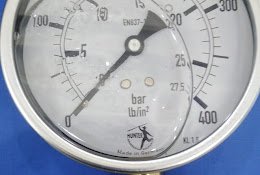Choosing the right manufacturing partner is one of the most critical decisions for any business launching a new product, scaling production, or expanding operations. In Dubai, a globally connected industrial hub, identifying the most suitable manufacturer requires an informed and strategic approach. This guide provides a comprehensive roadmap for evaluating manufacturing companies in Dubai to ensure they meet your project’s specific needs.
Whether you’re a startup, SME, or established enterprise, the steps covered here will help you make a confident and smart decision based on quality, capability, and reliability.
Why Dubai Is a Leading Manufacturing Hub
Dubai has evolved into one of the most dynamic manufacturing destinations in the Middle East. Several factors contribute to its appeal:
Strategic geographic location connecting Asia, Europe, and Africa
State-of-the-art infrastructure and logistics networks
Tax benefits and investor-friendly regulations
Access to a skilled, multicultural workforce
Government support through industrial zones like Dubai Industrial City
These advantages make Dubai a top choice for companies looking to manufacture goods efficiently and at scale.
Step-by-Step Evaluation Process
1. Define Your Project Requirements
Start by creating a detailed profile of your manufacturing needs:
Type of product (electronics, textiles, food, automotive parts, etc.)
Expected volume and scalability
Quality control requirements
Certifications or compliance standards (ISO, GMP, HACCP, etc.)
Budget constraints and delivery timelines
Clearly documenting your expectations will help streamline communication and prevent future conflicts.
2. Conduct Initial Research Online
Use trusted online directories and platforms like UAE Finder to explore reputable manufacturers. These platforms typically list verified companies across industries, complete with contact details, certifications, and services offered.
Search filters can help narrow down manufacturers based on location, specialization, and ratings.
3. Evaluate Company Profiles and Experience
Once you’ve shortlisted potential partners, review their company profiles thoroughly:
Years in business and track record
Industry-specific experience
Client portfolio and case studies
Factory location and size
Workforce capacity and technical capabilities
Look for companies with experience handling projects similar to yours. This boosts your chances of getting efficient production and minimal learning curve delays.
4. Verify Certifications and Compliance
Compliance with international standards reflects a manufacturer’s commitment to quality and safety. Some certifications to look for include:
ISO 9001 – General Quality Management
ISO 14001 – Environmental Management
ISO 45001 – Occupational Health and Safety
HACCP – For food safety and hygiene
CE Marking – For products intended for the EU market
Ask for documentation and confirm with certifying bodies if necessary.
5. Assess Production Capacity and Technology
Modern manufacturing thrives on automation and advanced technology. When evaluating manufacturing companies in Dubai, inquire about:
Machinery and production line automation
In-house R&D and design capabilities
Prototyping and sampling facilities
Production flexibility and customization options
Ability to meet large-scale demands
A factory tour, either virtual or in person, can give you valuable insight into their operations and infrastructure.
6. Request Samples and Review Quality
Before signing any contracts, request samples or prototype batches. This helps you evaluate:
Product quality and finishing
Packaging standards
Adherence to specifications
Durability and performance testing
Pay close attention to how manufacturers handle sample revisions. Responsive feedback loops are crucial for long-term collaboration.
7. Understand Lead Times and Delivery Terms
Time is a vital resource in any manufacturing project. Ensure the manufacturer can meet your deadlines without compromising quality. Discuss:
Average production turnaround
Shipping and logistics support
Buffer times for large-scale orders
Delay penalties and dispute resolution clauses
Well-defined delivery terms reduce the risk of unexpected delays.
8. Review Pricing and Payment Terms
While pricing is important, don’t prioritize cost over quality. Evaluate quotations based on:
Per-unit cost breakdown
Tooling and mold setup fees
Minimum Order Quantity (MOQ)
Payment structure (advance, partial, on delivery)
Refund and warranty policies
Negotiating favorable but realistic terms can help manage financial risk without jeopardizing project timelines.
9. Gauge Communication and Transparency
Effective communication is often overlooked but plays a critical role in manufacturing success. Choose a partner that:
Responds promptly and clearly
Provides regular updates and documentation
Is open about challenges and solutions
Has a dedicated point of contact
Transparent communication fosters trust and reduces the chances of costly misunderstandings.
10. Check Reviews and Client References
Before finalizing your decision, gather social proof:
Look for verified reviews on third-party platforms
Ask for client references and testimonials
Review case studies of past work
Look into dispute history, if any
A company’s reputation is often a reflection of its professionalism and long-term reliability.
People Also Ask
What industries are popular in Dubai’s manufacturing sector?
Dubai has a diverse industrial base. Leading sectors include:
Food and beverage
Petrochemicals and plastics
Textiles and garments
Building materials
Pharmaceuticals
Electronics and electrical equipment
How do I know if a manufacturer in Dubai is legitimate?
Use verified directories such as UAE Finder and request proper documentation like trade licenses, certifications, and client references. Visiting their facility is also advised.
Is it expensive to manufacture in Dubai?
While Dubai may not be the cheapest option, the quality, speed, and business environment often justify the cost. Smart negotiation and long-term contracts can lower expenses.
Can I get custom manufacturing in Dubai?
Yes. Many manufacturers in Dubai offer custom services including prototyping, private labeling, and design assistance tailored to your project.
Key Indicators of a Trustworthy Manufacturer
When shortlisting partners, look for these traits:
Clear, verifiable legal status
Transparent pricing with no hidden charges
Flexible MOQs and production adjustments
Open factory access or detailed virtual tours
Consistent quality control systems
Professional contract agreements
Bullet Points: Quick Checklist for Evaluating Manufacturers
Define clear product specs and compliance needs
Use trusted directories like UAE Finder
Check for certifications like ISO, HACCP
Ask for and test product samples
Review production capacity and scalability
Ensure reasonable lead times and flexible logistics
Assess communication skills and responsiveness
Verify credentials through reviews and references
Common Pitfalls to Avoid
Choosing the lowest price without evaluating quality
Ignoring compliance and certification checks
Relying solely on online information
Skipping sample reviews
Not defining clear contract terms
Neglecting cultural or language differences
Final Thoughts
Selecting the right manufacturing partner can define the success or failure of your product. A well-researched approach ensures you’re not only partnering with a capable producer but also someone who aligns with your quality expectations and growth vision. Platforms like UAE Finder simplify this journey by connecting you with vetted and professional manufacturing companies in Dubai. Whether you’re sourcing for mass production or a bespoke solution, the right manufacturer is out there—your task is to evaluate wisely and partner strategically.









